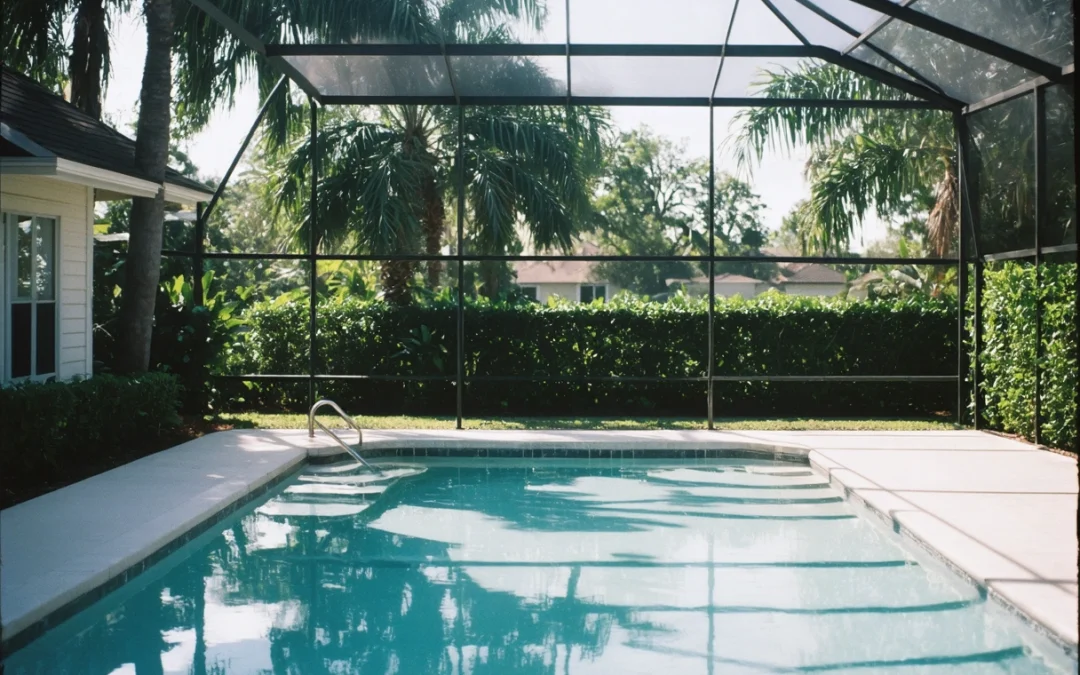The Essential Maintenance Guide for Your Aluminum Enclosures in Southwest Florida
Aluminum enclosures are a popular choice for homeowners and businesses across Southwest Florida, prized for their durability, aesthetics, and resistance to corrosion. Whether you have a pool cage, screen room, lanai, or patio enclosure, maintaining your aluminum structure is crucial to ensuring it stands up to the region’s unique climate. The subtropical weather, with its intense sun, high humidity, and salt-laden air, can challenge even the most robust materials. This comprehensive guide will walk you through everything you need to know about maintaining your aluminum enclosures in Southwest Florida, helping you extend their lifespan, retain their beauty, and get the most value from your investment.
In this in-depth article, we will explore why maintenance is vital, break down the components of aluminum enclosures, provide step-by-step instructions for cleaning and upkeep, discuss common issues and repairs, and offer advanced tips for long-term preservation. Whether you’re a new homeowner or a seasoned property manager, this guide covers all aspects to help you keep your enclosure looking and functioning like new.
Understanding Why Maintenance is Crucial in Southwest Florida
Southwest Florida’s climate presents several challenges for outdoor structures. The combination of salty sea breezes, high UV exposure, frequent rainstorms, and occasional hurricanes means that aluminum enclosures are regularly put to the test. While aluminum is naturally resistant to rust and corrosion, neglecting regular maintenance can lead to oxidation, staining, and even structural damage over time.
Routine maintenance not only preserves the appearance and structural integrity of your enclosure but also prevents small issues from becoming major, costly repairs. Regular attention can also help identify potential safety hazards, such as loose fasteners or damaged screens, before they pose a risk to your family or guests. Ultimately, a well-maintained aluminum enclosure will add to your property’s value and curb appeal, making it a worthy investment for any Southwest Florida homeowner.
Components of Aluminum Enclosures: What Needs Attention?
To effectively maintain your aluminum enclosure, you need to understand its key components and their respective vulnerabilities. Most enclosures are comprised of the following elements:
- Aluminum Framing: The skeleton of your enclosure, providing structure and support. While aluminum resists rust, it can still suffer from oxidation (white, chalky residue) and pitting, especially in coastal environments.
- Screens: Typically made from fiberglass or polyester mesh, screens keep out insects and debris. Over time, UV exposure and wind can cause screens to weaken, tear, or sag.
- Fasteners and Hardware: Screws, bolts, and other connectors hold the frame together. These are often made from stainless steel but may corrode or loosen if neglected.
- Sealants and Gaskets: Used where the enclosure meets the house or pool deck, these materials prevent water intrusion but can degrade due to sun exposure.
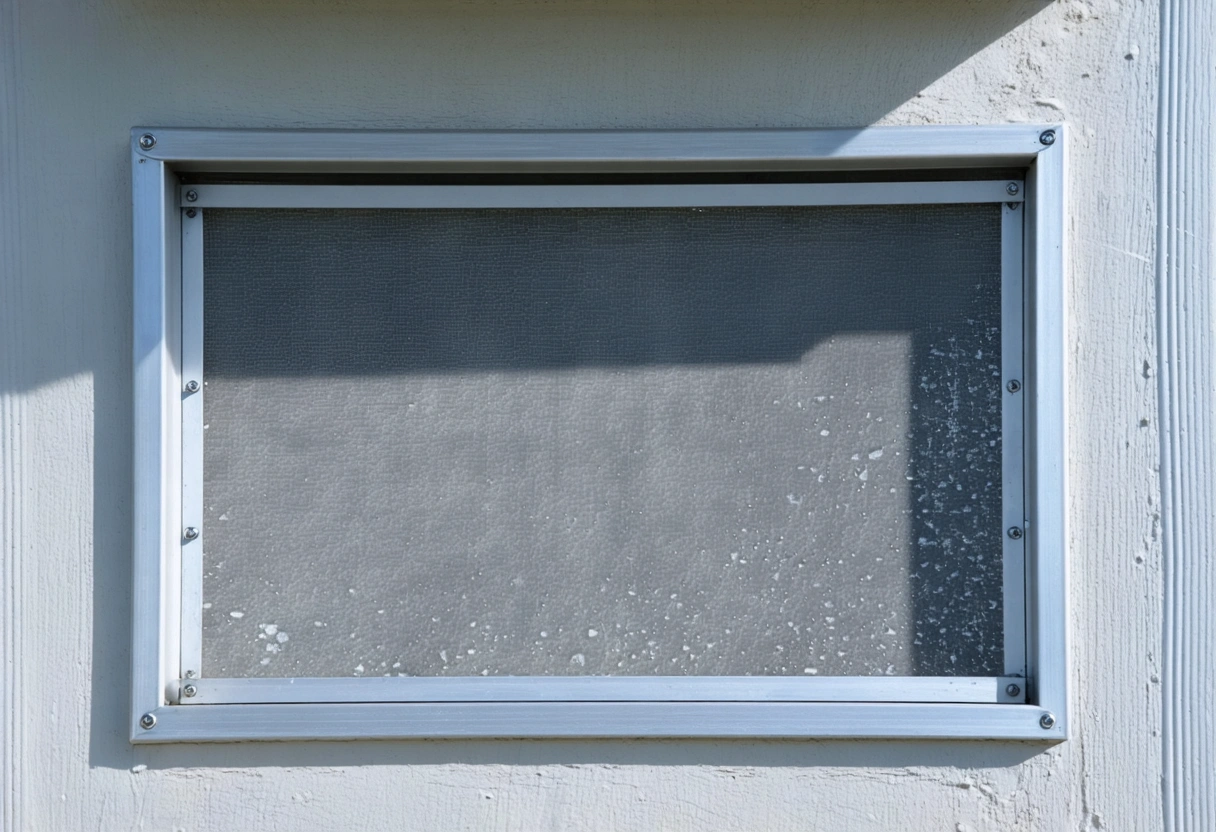
Each of these components requires specific care and periodic inspection. By understanding how they interact and age, you can target your maintenance efforts for maximum effectiveness.
How to Clean Your Aluminum Enclosure: Step-by-Step Guide
Cleaning is the cornerstone of proper aluminum enclosure maintenance. In Southwest Florida, where airborne salt and organic debris are prevalent, regular cleaning prevents buildup that can accelerate wear and tear. Here’s a comprehensive cleaning routine:
Gather the Right Supplies
- Garden hose with spray nozzle
- Soft-bristled brush or sponge
- Mild detergent or soap (avoid harsh chemicals)
- Buckets
- Extension pole (for high areas)
- Non-abrasive cleaning pads
Cleaning the Aluminum Frame
Start by rinsing the frame with water to remove loose dirt and debris. Mix a solution of mild detergent and water, then gently scrub the frame using a soft-bristled brush or sponge. Pay attention to joints and corners where dirt tends to accumulate. Rinse thoroughly to remove all soap residue, as leftover detergent can attract more dirt or cause staining. For stubborn stains or oxidation, a paste of baking soda and water or a commercial aluminum cleaner can be effective, but always test on a small area first.
Cleaning Screens and Hardware
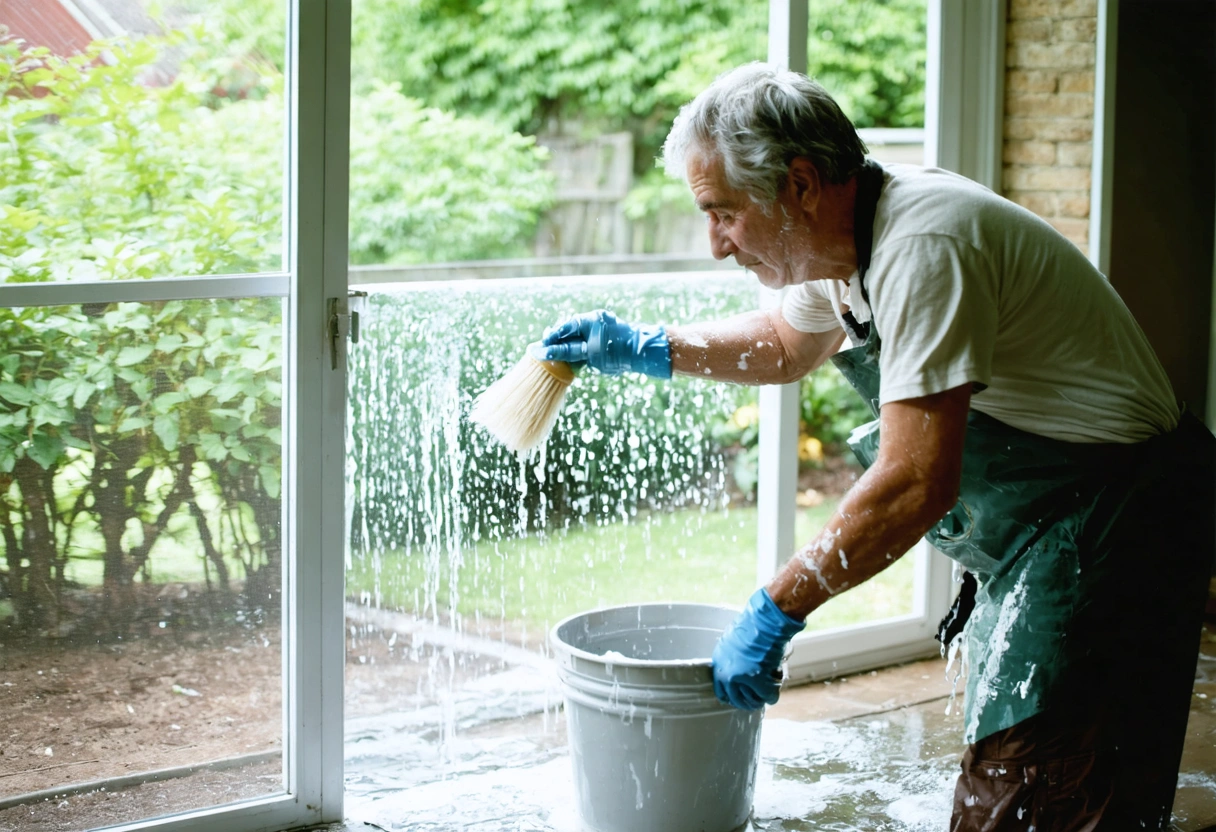
Screens can be cleaned with a gentle spray from the hose. Avoid using high pressure, which can stretch or tear the mesh. For embedded dirt, use a soft brush or sponge with soapy water, then rinse well. Inspect fasteners and hardware during cleaning; if you notice rust or corrosion, these should be replaced promptly. Lubricate moving parts with a silicone-based spray to keep doors and windows operating smoothly.
Frequency of Cleaning
In Southwest Florida’s climate, it’s wise to clean your aluminum enclosure every three to six months. If you live near the coast or in an area with lots of trees, more frequent cleaning may be necessary. After major storms or hurricanes, a thorough inspection and cleaning are also recommended to prevent damage from salt and debris.
Preventing and Treating Oxidation on Aluminum Enclosures
While aluminum does not rust like iron, it can oxidize, forming a white, chalky layer on the surface. This is particularly common in coastal areas due to the salty air. Oxidation not only dulls the appearance of your enclosure but can also weaken the metal over time.
To prevent oxidation, rinse your enclosure regularly, especially after storms or periods of high humidity. Applying a coat of automotive wax or a specialized protectant designed for aluminum can provide an additional barrier against the elements. If oxidation has already appeared, use a non-abrasive cleaner and a soft cloth to gently remove it. For more severe cases, you may need a commercial aluminum brightener, but always read labels and follow safety instructions closely.
For those interested in the science behind aluminum corrosion, the Corrosion Doctors’ guide on aluminum corrosion offers an in-depth explanation of how and why this process occurs.
Inspecting and Repairing Your Aluminum Enclosure
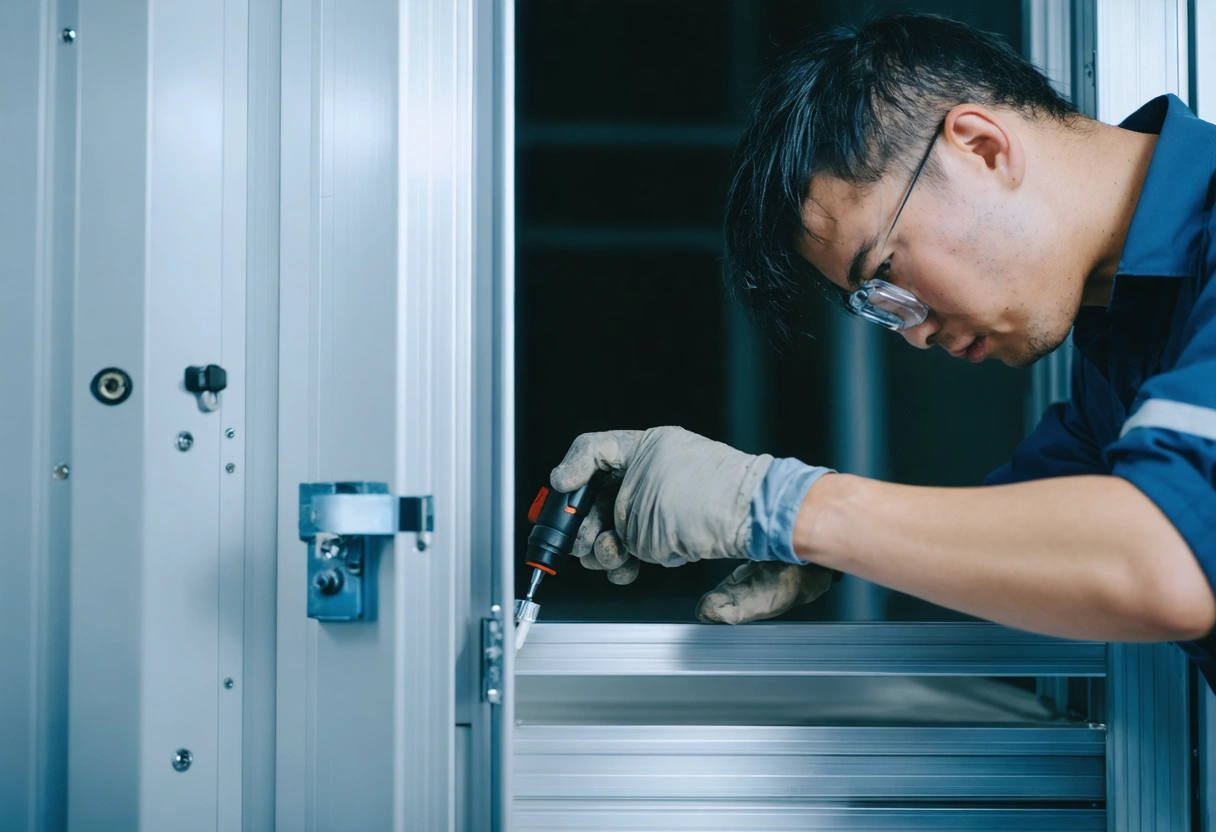
Regular inspections are key to catching small problems before they become major repairs. Set a schedule to inspect your enclosure at least twice a year, ideally before and after hurricane season. Here’s what to look for:
- Loose or Missing Fasteners: Check all screws, bolts, and connectors. Tighten any that are loose and replace rusted or missing hardware with stainless steel alternatives.
- Frame Damage: Look for dents, bends, or areas where the frame has separated from the base. Minor issues can sometimes be fixed with a rubber mallet or C-clamp, but significant structural damage should be addressed by a professional.
- Screen Tears or Holes: Small holes can be patched with screen repair kits, available at most hardware stores. For larger damage, replacing the screen panel may be necessary.
- Sealant and Gasket Wear: Examine areas where the enclosure meets your home or pool deck. Replace any cracked or missing sealant to prevent water intrusion and potential mold growth.
If you’re unsure about any damage or repairs, don’t hesitate to contact an experienced contractor. The HomeTips guide to repairing aluminum structures provides practical advice and when to call a professional.
Dealing with Storm and Hurricane Damage
Southwest Florida is no stranger to severe weather. After a major storm or hurricane, inspect your enclosure for bent frames, missing fasteners, and damaged screens. Even if there is no visible damage, the force of high winds can loosen connections that may fail later. Document any storm-related damage for insurance purposes and schedule repairs as soon as possible to prevent further deterioration.
Advanced Maintenance Tips for Long-Term Durability
Beyond basic cleaning and periodic repairs, there are several advanced strategies you can use to maximize the lifespan of your aluminum enclosure in Southwest Florida:
Selecting the Right Materials and Coatings
When building or upgrading your enclosure, choose high-quality, marine-grade aluminum and hardware specifically designed for coastal environments. These materials are engineered to withstand salt air and humidity. Adding a powder-coated finish to the aluminum frame enhances protection and is available in a variety of colors to match your home’s aesthetic. According to the Buildings.com article on powder coatings, these finishes can extend the lifespan of metal structures by providing a durable, weather-resistant barrier.
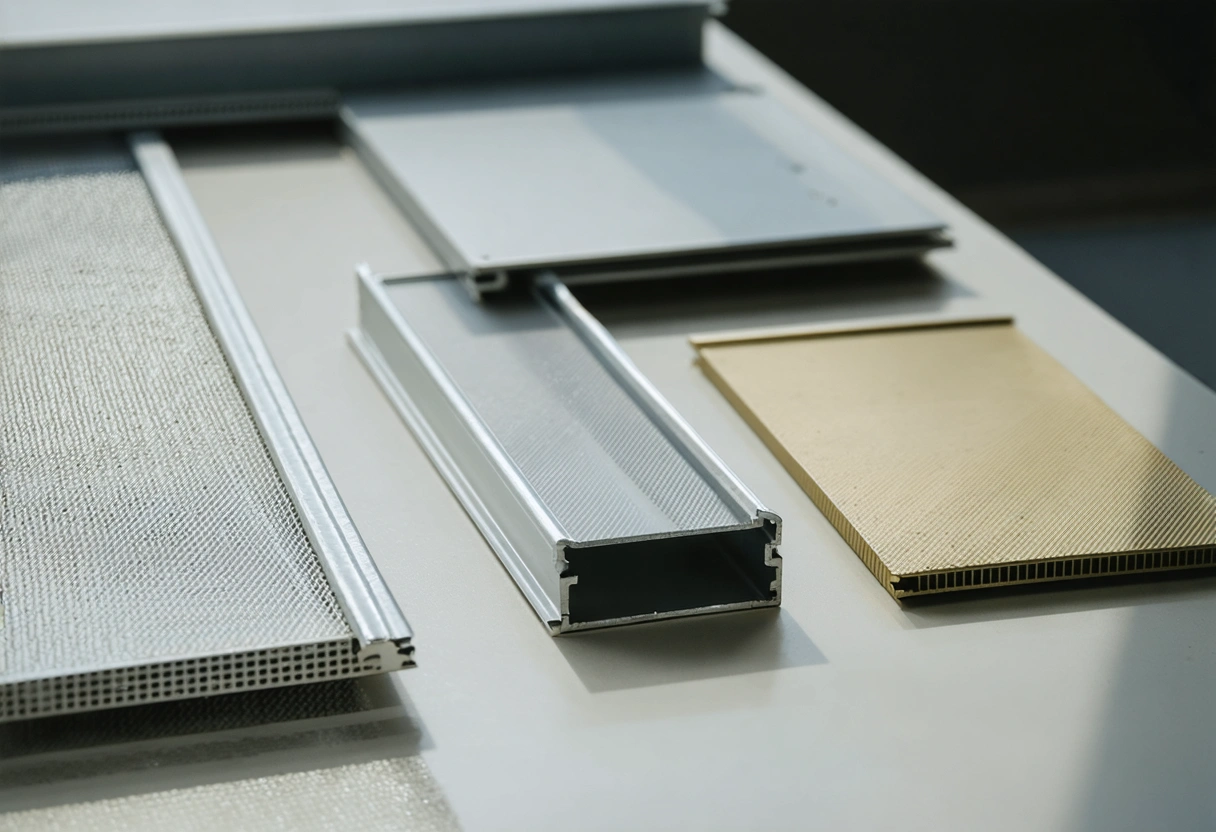
Upgrading Screens and Fasteners
Consider upgrading to polyester or “pet-resistant” screens for areas with heavy wear or where pets and children play. Stainless steel fasteners, though more expensive, are far less likely to corrode in Southwest Florida’s environment. Periodically check for manufacturer recalls or product improvements that may affect your enclosure’s performance.
Implementing Preventative Landscaping
Landscaping plays a significant role in the health of your aluminum enclosure. Trim trees and shrubs regularly to prevent branches from scratching or damaging the structure. Avoid planting directly against the enclosure, as roots and moisture can undermine the foundation or encourage mold and mildew growth on the frame and screens.
Additionally, consider installing gutters or drainage systems to direct water away from the base of your enclosure, minimizing the risk of water pooling and structural weakening.
Common Issues and How to Address Them
Most aluminum enclosure problems can be traced to a few common causes, including neglect, environmental exposure, and impact damage. Here are some of the most frequent issues faced by Southwest Florida homeowners and how to resolve them:
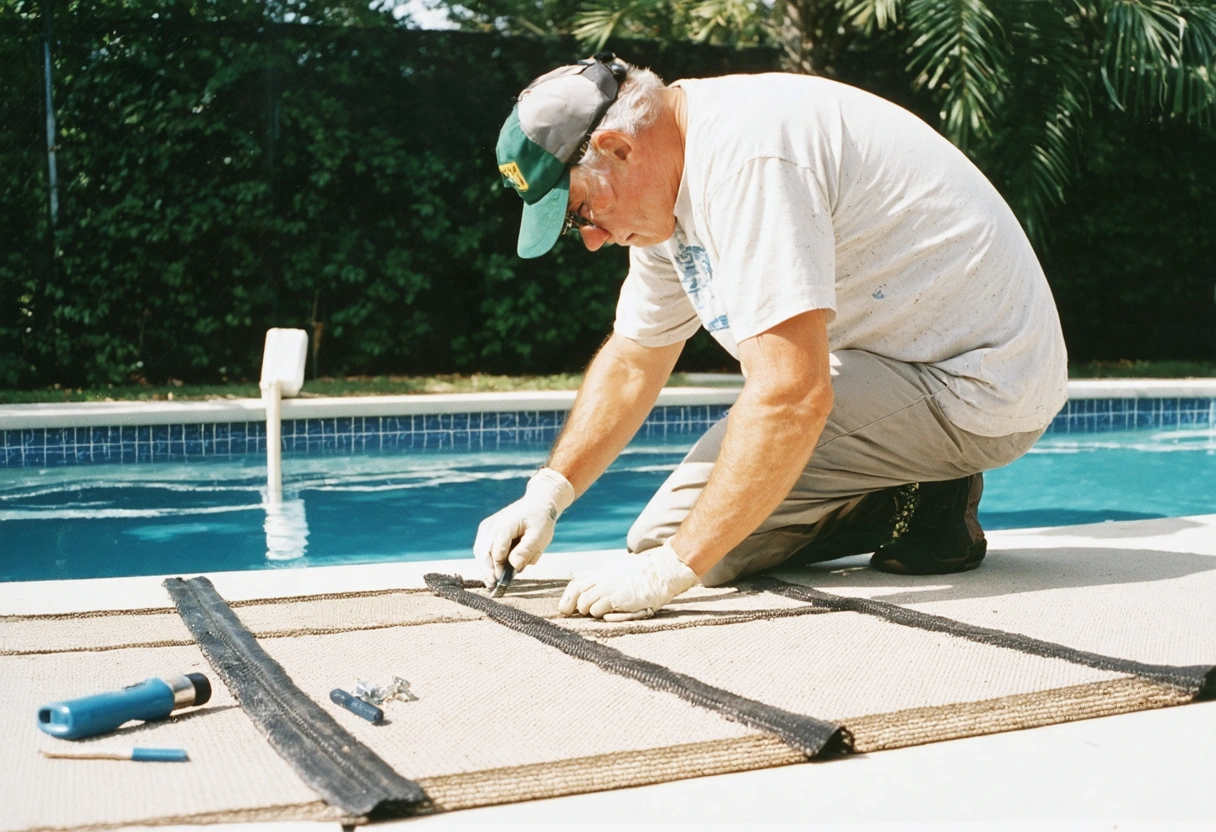
- Corrosion and Pitting: Caused by prolonged exposure to moisture and salt. Remove affected areas with a non-abrasive cleaner and apply a protective wax or sealant.
- Screen Sagging or Tearing: Over time, screens lose tension or suffer damage from wind, animals, or debris. Replace damaged panels promptly to maintain enclosure integrity.
- Loose Panels or Frames: Often a result of settling, wind, or inadequate installation. Tighten fasteners and, if necessary, reinforce connections with additional hardware.
- Mold and Mildew Growth: High humidity can lead to mold on screens and frames. Clean with a mild solution of vinegar and water, rinse thoroughly, and ensure adequate airflow around the enclosure.
For a deeper dive into the chemistry and prevention of metal corrosion, the Explain That Stuff guide to corrosion is an excellent resource.
When to Call a Professional
While routine cleaning and minor repairs can be handled by most homeowners, some situations require the expertise of a professional. If you encounter significant structural damage, major corrosion, or if your enclosure was impacted by a severe storm, it’s best to consult a licensed contractor. Professionals have the tools and know-how to safely repair or rebuild your enclosure, ensuring it meets local building codes and withstands future weather events.
Additionally, if you plan to upgrade your enclosure with new screens, doors, or advanced coatings, a professional can recommend the best materials and methods for Southwest Florida’s environment. The Consumer Reports guide on hiring contractors offers helpful tips for finding qualified professionals and avoiding common pitfalls.
Protecting Your Investment for Years to Come
Maintaining your aluminum enclosure in Southwest Florida is not just about aesthetics; it’s about protecting your investment, ensuring your family’s safety, and maximizing the enjoyment of your outdoor space. By following the essential maintenance practices outlined in this guide, you can combat the challenges of salt air, sun, humidity, and storms, keeping your enclosure strong and attractive for decades.
Remember: regular cleaning, proactive inspections, timely repairs, and smart material choices are the keys to longevity. Stay vigilant, keep up with the latest advances in enclosure technology, and don’t hesitate to seek professional help when needed. With care and attention, your aluminum enclosure will remain a beautiful, functional asset to your Southwest Florida home for many years to come.
Need help with The Essential Maintenance Guide for Your Aluminum Enclosures in Southwest Florida?
